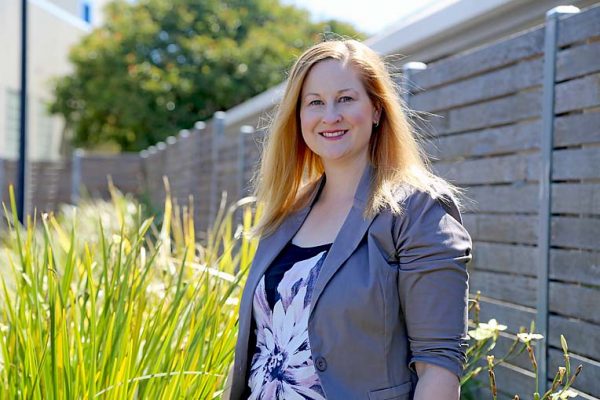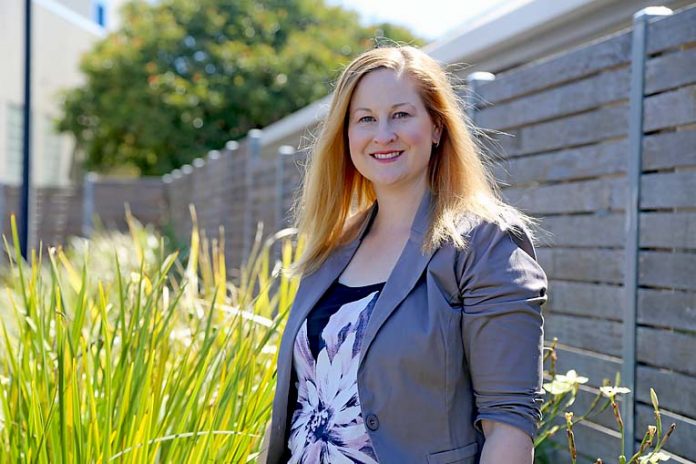
SOUTH Australia’s frontline child protection workforce is fundamental to keeping the most vulnerable children in our society safe from harm, but it is as complex as it is challenging.
Staff at the Limestone Coast Child Protection Department work to keep South Australia’s children safe, as well as providing alternative care for children and young people when living at home is no longer an option.
Every day, social workers and case managers see some of the region’s most traumatised children and young people and do their best to make a difference.
Child Protection Department senior practitioner Rhiannon Brice is one of many employed at the Mount Gambier office working to keep children safe of harm, neglect or abuse.
After a career in corrections, Ms Brice accepted a role as a youth justice worker, which in 2010 was under the super ministry of Communities and Super Inclusion.
Ms Brice is now a senior practitioner and is responsible for supporting social workers on policy issues and conflictual situations.
“In my role, there is less direct service, but I do hold a small case load,” she said.
“Most of my time is spent supporting the team to provide the best outcomes and advice and continue their social work journey through learning and lots of training.”
Ms Brice said social workers, case support workers, administration and leadership team worked with individuals, families and communities to improve the safety and well-being of young people.
She said her focus was centered on long-term care, which involved children who were unable to remain in the family home.
“Long-term care workers work with young people aged from zero to 18 to try and support them going forward to achieve the best outcomes in their life,” Ms Brice said.
“We case manage those people and look at areas of health, education, the family they are now living with and transition out of care and becoming young adults.”
Ms Brice said working with involuntary clients such as those within the statutory child protection system presented challenges to practitioners.
She said the job was not for everyone and a high level of hope, optimism and self-efficacy was required to mitigate the often emotionally taxing work.
“We often see people at their most vulnerable and on their darkest days and that is challenging, emotionally heavy and confronting,” Ms Brice said.
“You need to be resilient, mature and have good support networks and connections to be able to do this work.
“It is not everybody’s cup of tea, people do not always choose to see this side of the community, but I love this role and it’s a privilege to serve the community I live in.
“The people I work with and the people I work for inspire me.
“I have never seen people who are so resilient, strong and creative as to overcome such barriers in life and still make great choices.”
Ahead of World Social Work Day, which is held on March 17, Ms Brice emphasised the importance of social workers and the integral role they have in creating an inclusive and supportive society.
“We are prophets of hope, champions of social justice and we are here because we want to hold your hand on your darkest day and help you make your changes,” she said.
“It is important work and I think being a voice for people who cannot always be a voice for themselves is an honour.”
Child Protection Minister Rachel Sanderson praised the region’s social workers for “their ongoing dedication in looking after our most vulnerable children and young people”.
“There is no doubt social work can be incredibly rewarding, but the work can be demanding and challenging at times,” she said.
“Employing staff who are able to support and care for our most vulnerable families, children and young people goes a long way in achieving better outcomes for their futures.”








